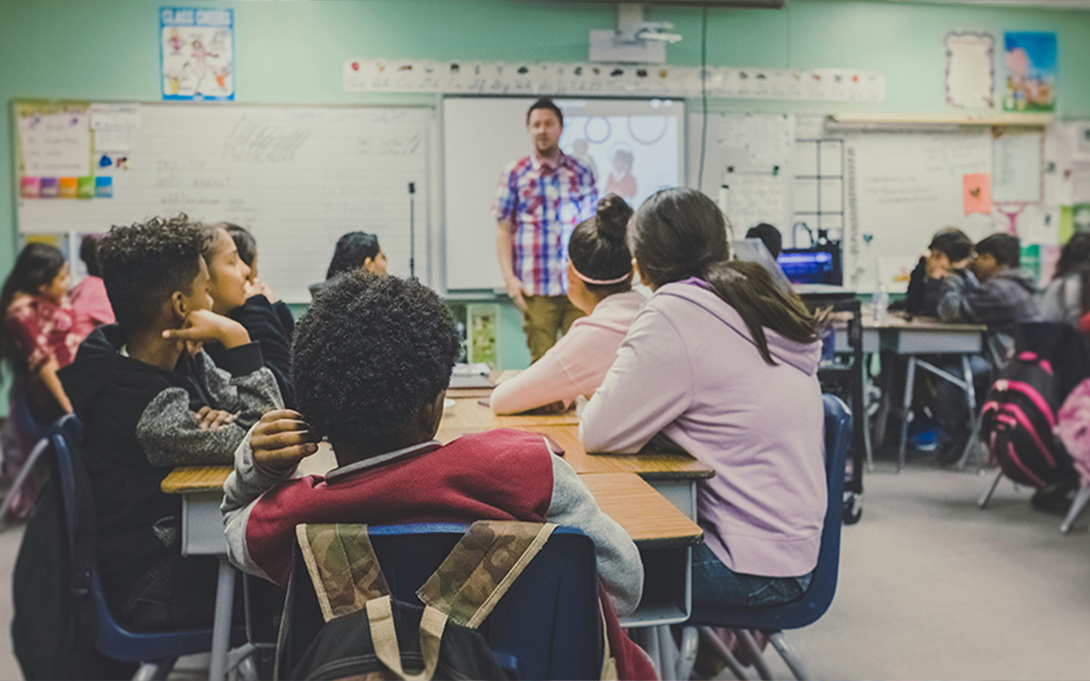
TRAILS Social and Emotional Learning (SEL) Curriculum Implementation
Since 2013, the TRAILS (Transforming Research into Action to Improve the Lives of Students) program has delivered training, resources, and implementation support to schools and districts to provide evidence-based mental health programing for students in grades K through 12.

Childhood rates of symptoms of depression and anxiety, and suicidal ideation have steadily increased since 2010 and the COVID-19 pandemic has only exacerbated the problem. In fall 2021, the American Academy of Pediatrics (AAP), the American Academy of Child and Adolescent Psychiatry (AACAP) and the Children’s Hospital Association (CHA) declared a National State of Emergency in Children’s Mental Health, calling for increased funding and systems of care for youth mental health (American Academy of Pediatrics, 2021).
Since 2013, the TRAILS (Transforming Research into Action to Improve the Lives of Students) program has delivered training, resources, and implementation support to schools and districts to provide evidence-based mental health programing for students in grades K through 12. TRAILS uses a 3-tiered approach to mental health support to meet the needs of all students:
Tier 1: Social and Emotional Learning for all students
Tier 2: CBT and Mindfulness for students with symptoms of depression and anxiety
Tier 3: Suicide Prevention and Risk Management for students experiencing suicidality
As TRAILS expands to districts within Michigan and throughout the US to respond to increased need for student mental health support, they wanted to understand the experiences of the staff who were using the program.
During the 2021-2022 school year, TRAILS partnered with the Youth Policy Lab to conduct an implementation study of its Tier 1 Social and Emotional Learning (SEL) curriculum in three rural Colorado districts. A critical aspect of the success of any educational program is buy-in from staff and findings from this study indicate that the TRAILS program is successful in achieving that.
Data was collected from staff through a series of surveys administered throughout the school year. Feedback from staff was primarily positive and they expressed overall satisfaction with the program. Staff reported reasonable preparation and delivery times. They perceived students as generally being engaged in the lessons and felt that the materials were age-appropriate.
In addition to the staff feedback, students in grades 6-12 were surveyed in all three districts in the fall and spring on a number of measures of Social and Emotional Learning (SEL) competencies and Cognitive Behavioral Therapy (CBT) coping skills. While the pre-post design of the study does not allow us to make any causal inferences, findings suggest increases in SEL competencies for students in grades 9-12 and in CBT coping skills for grades 6-8.
As part of a statewide expansion of the TRAILS program in Michigan during the 2022-23 school year, the Youth Policy Lab is conducting a randomized control trial of the Tier 1 SEL program. This will allow us to make causal inferences about the impact of the program on student social, emotional, and mental health outcomes.


